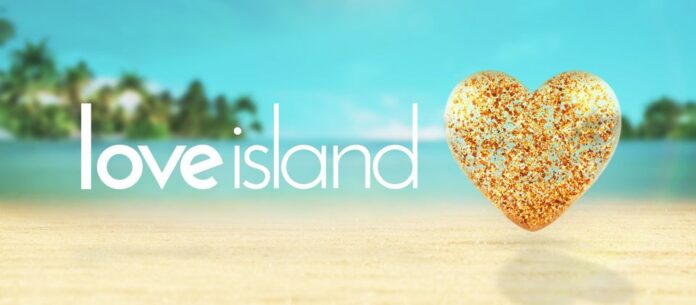The time of year where everyone buckles down to watch Love Island UK has arrived. This year’s season debut episode got more than 2.4 million views in the United Kingdom alone. This makes it one of the most popular dating shows on air. In South Africa, the current season is not yet available to stream. This hasn’t stopped many people from turning to other means to stream the show. The show’s popularity deems it worthy of a critical eye, especially looking at what the show reflects about desirability politics.
Welcome to a new series on The Daily Vox: #TDVFridayRecommends. It’s the Friday Recommends series. Every Friday, we are going to be sharing something we would like to recommend or unpack to our readers. This could be a book, movie, restaurant or even an event.
The first moments of each season begins with introductions to each of the Islanders followed by the initial pairing of the couples. Usually the Islanders themselves pick which couples they want to be in. This year though, the couples were already predetermined by the time the Islanders arrived. Audiences noticed immediately that all the contestants of color were coupled up together. This sparked a familiar discourse around how race is treated in the show. Historically, the show has always been predominantly white. The few contestants of color that do appear are often expected to couple up with one another.
RELATED:
Reality TV is profoundly relatable
Beyond this, the people of color on the show rarely get attention from their white counterparts. White contestants only seem to be interested in one another romantically. The black and brown contestants only seem to be there for platonic value. For example, in this current season when Jacques O’Neill entered the villa, he went on a date with Paige Thorne, who is white, and Afia Tonkmor, who is black. O’Neill and Tonkmor seemed to get along really well and have better chemistry. However, when it was time to couple up O’Neill ultimately chose Thorne. He made it clear that he sees Tonkmor as a friend only. This is an established pattern in the villa. When O’Neill entered the villa with Remi Lambert, a black man, all the white women fawned over O’Neil and were noticeably silent about Lambert.
The eliminations on this current season are also suspiciously racialised. As of now, all the Islanders that were eliminated have been the black contestants. This is a fact that has many audience members upset as only two black contestants are left on the show.
Though the show’s treatment of race is problematic, it is not unrealistic. In fact, it only puts a mirror up to what it is like being a young person of color having to navigate the dating world and its overbearing white gaze.
Many of us watching Love Island are too familiar with what it’s like to not even be considered by our white peers as attractive. When people on the show talk about liking ‘dark features’, we know that they are talking about skin that is tanned, not melanated.
The show does not only reflect the racial dynamics of dating but also shows the fatphobia and heteronormativity present in dating culture. It is interesting how assumed everybody’s sexuality is on the show. In an episode where the Islanders played ‘Never Have I Ever’, they were asked if anyone had ever kissed someone of the same gender. More than half of the Islanders actually took a sip of their drink to indicate that they had. This is in no way an indication of their sexuality. However, it fascinating that on a show where everyone is supposed to be straight, many have had some sort of a queer experience. This enforces the idea that straightness must be the default and queerness is an alternative.
LISTEN:
The Critical Stans Episode Six: “On The Obsession With Reality TV”
The show’s subliminal messaging about what it takes to be desirable continues in its exhibition of body types. The show consistently chooses women who are thin and men who are incredibly muscular. The Islanders constantly comment on how ‘fit’ one another looks and much screen time is taken showing the contestants in the gym. Since the show aims to represent what it means to a hot, young single looking for love – the implication is that one can only be hot if they are skinny or visibly fit.
Love Island might be considered by some to be a low-brow reality show. However, the show provides profound insights about the politics of desire at play in the dating world. These politics preference whiteness, straightness and thinness while casting all that do not fit into this category as undesirable. The show is supposedly well-aware of this and claims to be undertaking ‘diversity training’, as Season 8 continues to air. However, it is clear that the show has learned little to nothing as it continues to play into many harmful tropes.









